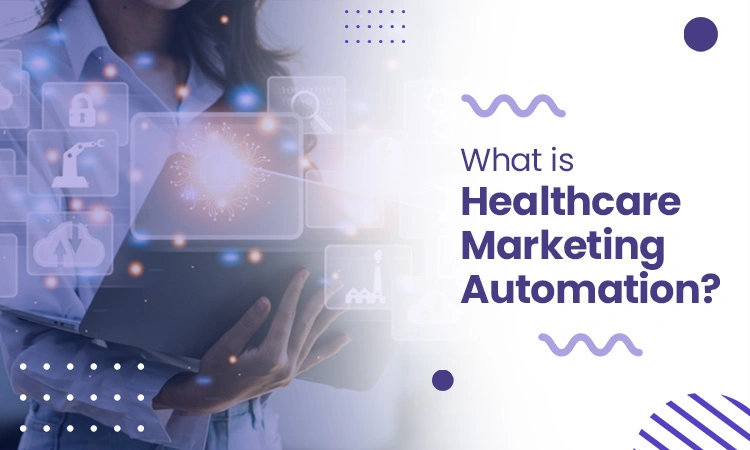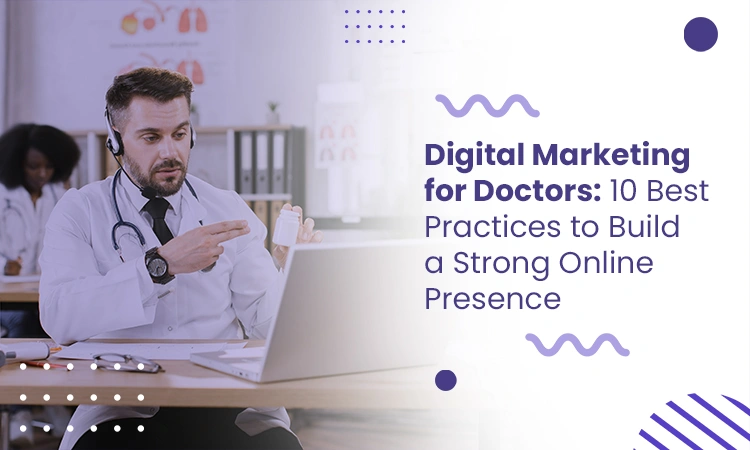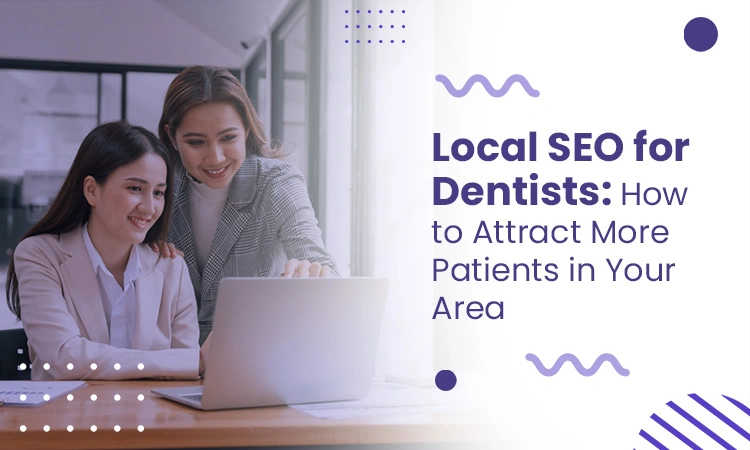Healthcare marketing automation is changing the way medical practices connect with people in their communities. Instead of spending endless hours on phone calls, follow-ups, or manual emails, providers can now rely on smart tools that handle these tasks seamlessly. From sending appointment reminders and follow-up care tips to running targeted social media campaigns, automation helps clinics reach patients with the right message at the right time. The result? Better patient experiences, stronger trust, and less strain on staff who can now focus more on care instead of repetitive admin work.
In this article, we’ll explore how health marketing automation works, its key benefits, and why it is essential for modern health systems.
Why Is Automating Healthcare Marketing Important?
Automated healthcare marketing is now essential for modern practices. With increasing patient expectations and the need for personalized communication, it is crucial to have a system that manages interactions effectively while reducing the manual effort required by staff.
By automating repetitive tasks like sending reminders, follow-up emails, or health tips, practices can ensure their patients receive timely information. This allows staff to focus on high-priority activities and care, rather than spending time on manual marketing tasks
How Does Automated Healthcare Marketing Work?
Automated healthcare marketing utilizes technology to automate repetitive tasks, enabling practitioners to communicate with patients in a personalized and timely manner. The following components are essential for effective healthcare engagement automation:
1- Patient Segmentation
Patient segmentation is the process of grouping patients based on common characteristics such as age, health conditions, or treatment history. This allows providers to send messages that are relevant and personalized. For example, a patient with diabetes may receive specific tips and reminders related to managing their blood sugar, while others may receive general wellness advice.
2- Automated Campaigns
Automated campaigns allow clinical practices to send pre-scheduled messages triggered by specific actions or milestones, such as booking an appointment or reaching a treatment goal. This reduces the need for manual outreach and ensures that messages are sent at the right time. Examples include healthcare email marketing reminders, post-treatment follow-ups, and health education content.
3- Dynamic Content Creation
Dynamic content refers to personalized messages that adapt based on a s data and behavior. For example, patients may receive personalized treatment reminders, health tips, or recommendations tailored to their needs and conditions. This ensures that the content they receive is both relevant and useful.
4- System Integration
Integrating digital healthcare marketing systems with Electronic Health Records (EHRs) or Customer Relationship Management (CRM) systems allows practices to access and use patient data in real time. This ensures messages are based on the most up-to-date information, improving relevance and timeliness. For example, a patient’s upcoming appointment can trigger an automated reminder to be sent directly to them.
5- Analytics and Reporting
Medical marketing automation platforms provide detailed insights into how patients interact with campaigns, such as email open rates or social media engagement. This data helps practices identify what works and what doesn’t, allowing them to refine their strategies and improve communication over time.
How Medical Marketing Automation Transforms Patient Engagement
Automated healthcare marketing solutions are revolutionizing the way doctors connect with individuals, enhancing engagement, communication, and overall satisfaction. By automating key marketing tasks, practices can deliver personalized and timely messages that resonate and enhance the overall customer experience.
Here's how the automation of healthcare marketing can transform patient engagement:
1- Personalized Communication at Scale
The automation of healthcare marketing enables professionals to send personalized messages to patients at the right time. Whether it's sending appointment reminders, health tips, or post-treatment care instructions, automation ensures that each individual receives relevant information based on their needs and preferences. Personalized communication helps build stronger relationships, making individuals feel valued and understood.
2- Consistency in Patient Outreach
Automated systems allow practices to send consistent messages across multiple channels such as email, text, and social media . This consistency helps individuals stay engaged, as they receive regular updates, reminders, and information. With automation, practices can ensure that no one is overlooked, promoting ongoing communication and building trust.
3- Timely Reminders and Follow-ups
One of the most impactful benefits of automating medical marketing is the ability to send timely reminders for appointments, medication refills, preventive care, and follow-ups. By automating these tasks, practices reduce the risk of missed appointments and ensure that patients stay on track with their care plans, leading to better health outcomes.
4- Improved Health Education
Physicians can share educational content, such as articles, videos, and newsletters, that address individuals' health needs through automated marketing tools. By doing this, they can make informed decisions about their health and treatment options, leading to better engagement and self-management.
5- Data-Driven Insights for Better Care
With automated systems, practices can track interactions and engagement, providing valuable insights into how individuals respond to different messages and campaigns. This data allows healthcare providers to adjust their communication strategies to better meet needs, improving engagement over time.
6- Enhancing the Patient Journey
From the first point of contact to long-term care, digital healthcare automation enhances the entire patient journey. It enables practices to create strong relationships with patients, keeping them informed, engaged, and involved in their care.
Challenges with Automating Healthcare Marketing
When it comes to automated healthcare marketing, while the benefits are clear, such as improved efficiency, better targeting, and simplified processes, several challenges need to be addressed. Here are some key challenges that healthcare practices may face:
- High upfront costs for software and training.
- Automation can feel impersonal, requiring human oversight for empathy.
- Too many messages can lead to patients ignoring or disregarding them.
- Automation should support personal care, not replace it.
- Systems must comply with healthcare regulations like HIPAA for patient privacy.
- Integrating automation with existing systems like EHR can be complex.
- Measuring the direct impact of automation on patient satisfaction is challenging.
- Automated content must align with the provider’s tone and values.
Conclusion
Healthcare automation tools allow practices to communicate more effectively, personalize patient experiences, and improve operational efficiency. By combining digital marketing , email marketing, and social media marketing, practices can enhance engagement, reduce administrative burden, and support long-term growth.
For practices looking to implement effective marketing strategies, Prime Cloud Care offers specialized services to enhance digital presence and drive measurable results. Their expertise in automating healthcare marketing helps providers reach patients efficiently, build trust, and grow their practices in a competitive digital environment.
FAQs
Healthcare automation enhances workflow efficiency by handling routine tasks like appointment scheduling, patient reminders, and follow-up communications, allowing staff to focus on more critical patient care activities.
By using technology to automate tasks like email campaigns, patient follow-ups, and social media marketing, providers can deliver more personalized and timely messages, improving patient experiences and reducing staff workload.
Automated marketing allows all campaigns to follow the same messaging, design, and tone, ensuring patients receive a cohesive experience.
Medical digital marketing uses online platforms and technologies to connect with patients, offering personalized experiences through social media, email newsletters, SEO, and digital advertising, which ultimately drives patient engagement and practice growth.
Challenges can include the upfront investment in automation tools, ensuring regulatory compliance (like HIPAA), training staff on new systems, and maintaining a balance between automation and the personal touch that patients expect.



